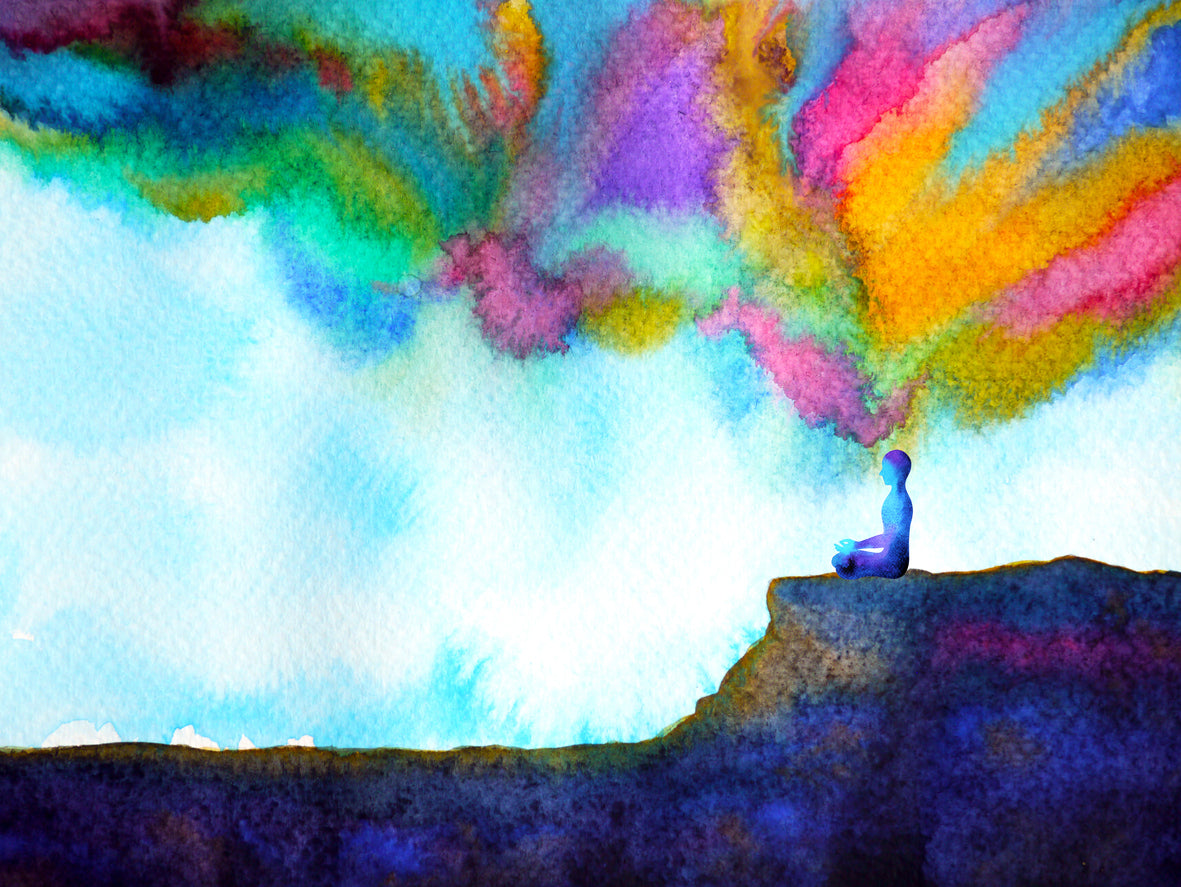What is PTSD?
The effects of Post Traumatic Stress Disorder (PTSD) can be both terrifying and heartbreaking. The condition can zap individuals of their zest for life. It can also make it difficult to function through day-to-day affairs.
PTSD afflicts individuals that experience traumatizing events they do not recover from. When someone experiences a traumatizing event and goes on to experience worsening or unceasing symptoms, they may be suffering from Post Traumatic Stress Disorder.
In addition, vicarious traumatization can occur when counselors work frequently with those that have experienced trauma and listen to the details of it repeatedly. Police and first responders can also become traumatized because of the gruesome details of their work.
PTSD is a disorder that can be numbing and emotionally overwhelming at the same time. Worse, some stricken individuals might not even know they are suffering from the disorder. There are several reasons for this.
Why is PTSD so Misunderstood?
Awareness of the disorder and its accompanying symptoms is only now increasing. In fact, there had been little talk of the disorder up until recently. Is it any wonder? The disorder was only added to the Diagnostic and Statistical Manual of Mental Disorders (DSM) in 1980.
Even then, portrayals of the disorder within television and other media have a tendency to inflame common misunderstandings surrounding the condition.
Media depictions can cause individuals to worry that those suffering from PTSD are mentally unbalanced and on the verge of anti-social or destructive behavior. Movies and television can make us believe that PTSD is only associated with the most extreme forms of obvious trauma. These include things like wartime torture or the most horrific forms of sexual violence.
These are certainly traumatizing things, of course. However, numerous situations can leave individuals struggling to cope with trauma. They can occasionally even be situations that might not seem "that bad" to others.
In addition, a lot of news and legislative coverage centers solely on veterans. Researchers from Drexel University examined articles from the New York Times that spanned 35 years.They found that over 50% of these articles concentrated on military personnel.
This makes it easier to understand why lawmakers, who consume the same media we all do, see PTSD as a military problem. And, they go on to legislate accordingly. It's no coincidence that of the proposed legislation regarding PTSD, 91.4% has centered on military personnel with over 90% focusing on trauma sustained from combat.
Despite media portrayals, 13 times more civilians suffer from PTSD than veterans. This suggests that numerous civilians are experiencing traumatic events a little closer to home than we'd like to think.
These incorrect media portrayals create victims instead of survivors. They have a tendency to compound the type of stigma preventing sufferers from seeking the help they need to treat the disorder.
Plus, they rarely focus on how individuals may recover from the disorder.
Could You Be Suffering From PTSD?
So, how do you know if you or someone you love might be experiencing symptoms of PTSD?
An individual must have experienced or witnessed a traumatic event in order to be diagnosed with the disorder. This can happen in varying ways, however. An individual can experience trauma directly or indirectly.
Did you know that media coverage of traumatic events can exacerbate or cause trauma? It's unclear exactly why we are driven to consume this type of media, though the outcome is clearly heightened levels of stress and anxiety.
Using a national survey, it was found that adults that consumed the most media regarding the September 11, 2001, attacks had significantly higher stress reactions than those that consumed less.
Children are also negatively affected by gruesome news coverage. The September 11 attacks and the Oklahoma City bombing contributed to signs of PTSD symptoms in the children that consumed the most media surrounding the events.
For others, even hearing about a traumatic event happening to a loved one can be traumatizing.
Experiencing many events can create trauma. These include, but are not limited to car accidents, sudden death, assault, abuse, terror attacks, and natural disasters.
The severity of the symptoms must be significant enough to impact relationships and daily functioning. They must also last for longer than a month.
Acute stress disorder (ASD) can also occur when an individual witnesses a traumatic event, though symptoms clear up within a month.
Symptoms of PTSD break down into a few categories. These include reoccurring flashbacks and nightmares, avoidance and numbness, and increased arousal. This arousal can manifest as edginess, irritation, and jumpiness. It can also manifest as insomnia.
Those suffering from PTSD also show changes in mood and cognition. Cognition refers to our ability to think and recall information such as memories. It is not uncommon for those suffering from PTSD to be unable to remember even very important aspects of their trauma. This is a normal symptom of the disorder.
Further, symptoms may not manifest until years after the traumatizing event. This does not make the trauma any less "real" or valid.
Unfortunately, PTSD can affect individuals of all ages.
As we've seen, it can be a mistake to rely on the media to educate ourselves on the symptoms of this disorder. If you think you or someone you love might be suffering from PTSD, securing the help of a licensed professional can be an excellent first step to healing from the trauma. In fact, it can be crucial.
Sources
American Counseling Association (n.d). Vicarious Trauma.
Anxiety And Depression Association Of America (n.d). Symptoms of PTSD.
Ewing, R. (2014, November). Federal Legislation Ignores PTSD Toll on Civilians.
Hamblen, J. (n.d). Media Coverage of Traumatic Events: Research on Effects.
Mayo Clinic Staff (2018, July). Post-traumatic stress disorder (PTSD).
National Institute of Mental Health (n.d.). Post-Traumatic Stress Disorder.
Newman, S. (2018, July). How Media Shapes Our View of Post-Traumatic Stress Disorder.
Otto, F. (2016, May). What The New York Times Gets Wrong About PTSD.
Psychology Today (n.d). Acute Stress Disorder.
Psychology Today (n.d). Cognition.
Purtle, J., Lynn, K., & Malik, M. (2016) "Calculating The Toll Of Trauma" in the headlines: Portrayals of posttraumatic stress disorder in the New York
Times (1980-2015). American Journal of Orthopsychiatry 86(6), 632-638.
Purtle, J. (2014, October). The Legislative Response to PTSD in the United
States (1989-2009): A Content Analysis.
National Center for PTSD (n.d). Media Coverage of Traumatic Events.






0 comments